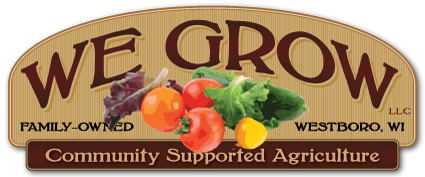
To Be Organic
For the past five years, we have been growing and selling organic vegetables. But we have to cautious in how we tell you that our produce is organic. There are regulations surrounding the word “organic” that could land us in serious trouble for printing it on a label for goods produced on our farm. It is the only word among them that has this sort of consequences for use. We could call our food all-natural, sustainable, biodynamic, regenerative, or just about anything else and no one can question it, but “organic” has National Organic Program (NOP) regulations detailing our growing techniques.
Pac Choi
Red Radishes
Kohlrabi
Red Tinged Lettuce
Green Curly Kale
Scallions
Mild Mix Microgreens
Salad Turnips (larges only)
When we decided to farm commercially in 2014, we knew it would be organically. After reading thru the NOP guidelines, we realized we already were following the rules. Mostly. There would be a few things we would need to change. We started buying only organic seeds and organic seed starting soil. We started taking diligent field records and upgraded to certified organic cover crops seeds. Our fields had to be free of chemicals and farmed organically for three years and then these areas can be certified without any questions, only good records were required. At that point, we were on track to become officially certified organic by the spring of 2016.
Of course, everything organic calls for more money than the conventional way but in the end, it is worth it to have our health and our customer base. There are some rules that make being organic more difficult than not. For example, most field lime is already organic as it is a natural mined substance. Same with gypsum, boron, etc. However, when it passes through the bagging system at a non-certified mill, it is no longer considered organic because of residuals in their system. So we bring special inputs from long distances.
The certifying agency we have been working with is called MOSA. They have been very good at answering our questions to help us be legally organic even though we have yet to bite the price tag and make it official. We’ve come to learn, people just want to know how their food is grown, organic label or not. Eventually we would like to display that green and white USDA organic logo, but until then we will just keep explaining how we grow instead.
Growing for you,
![]()
